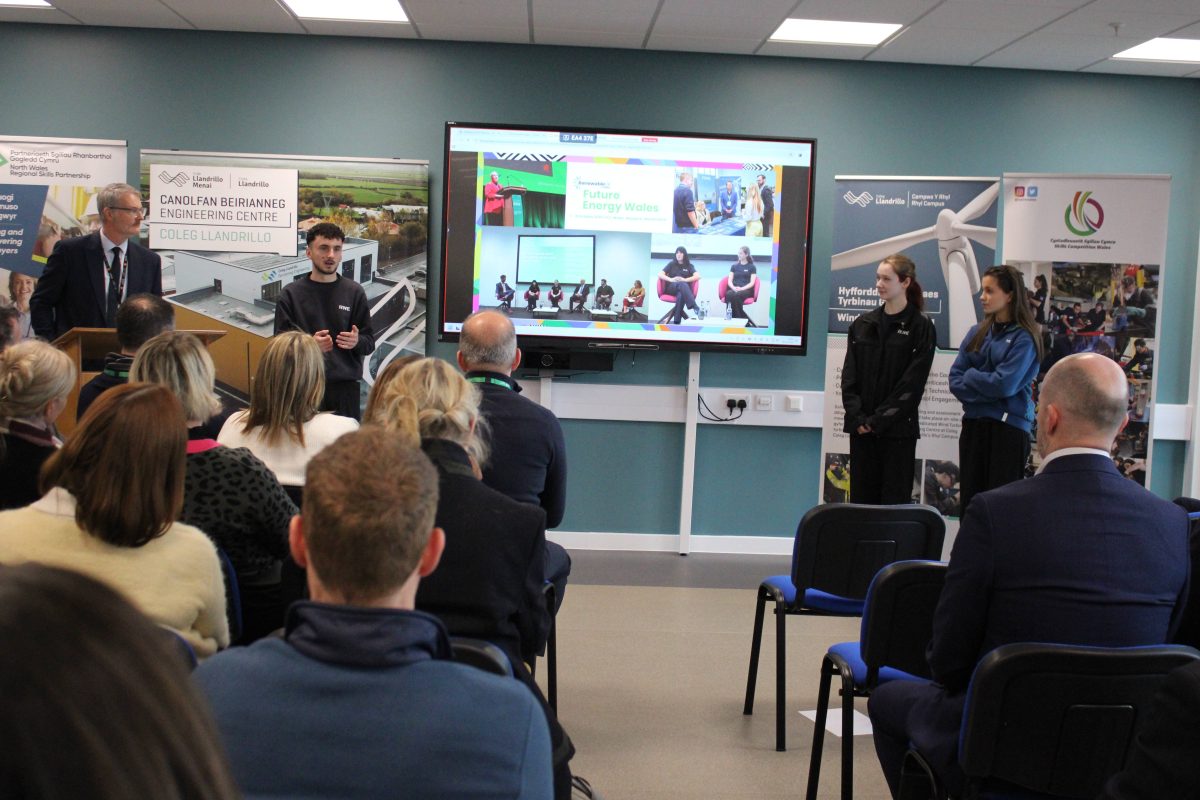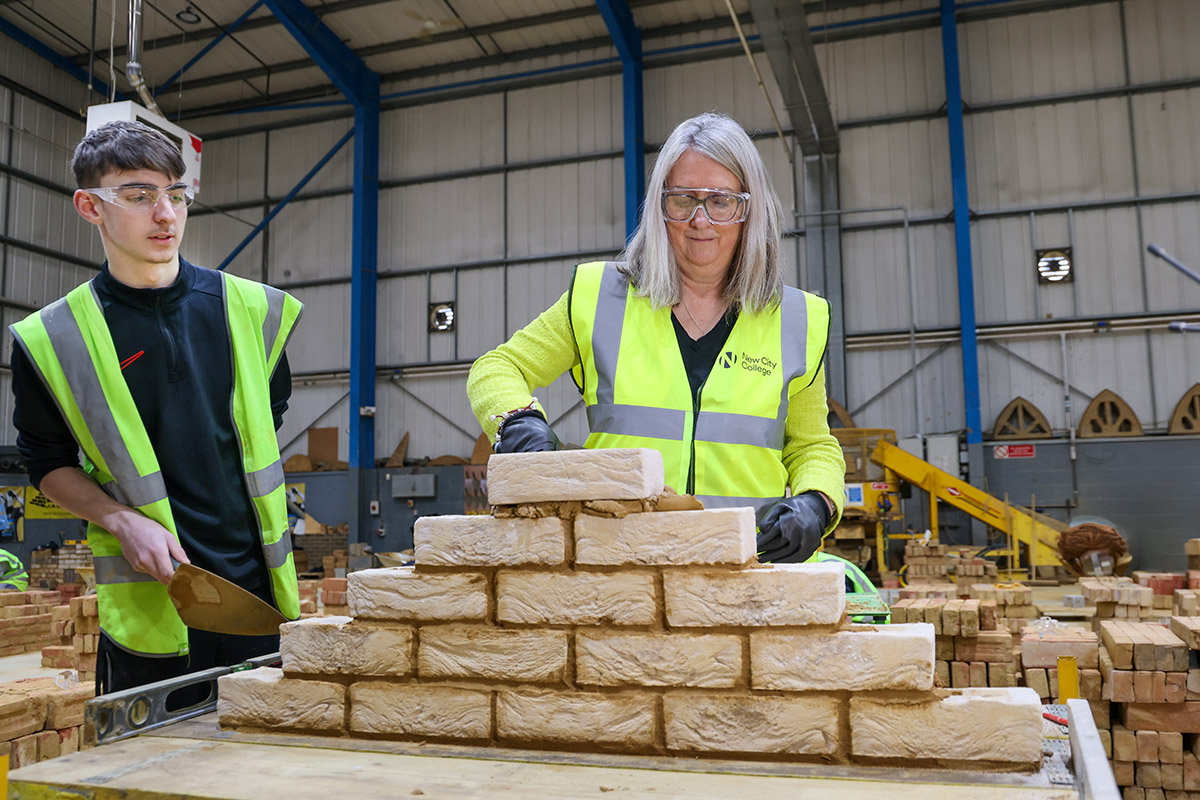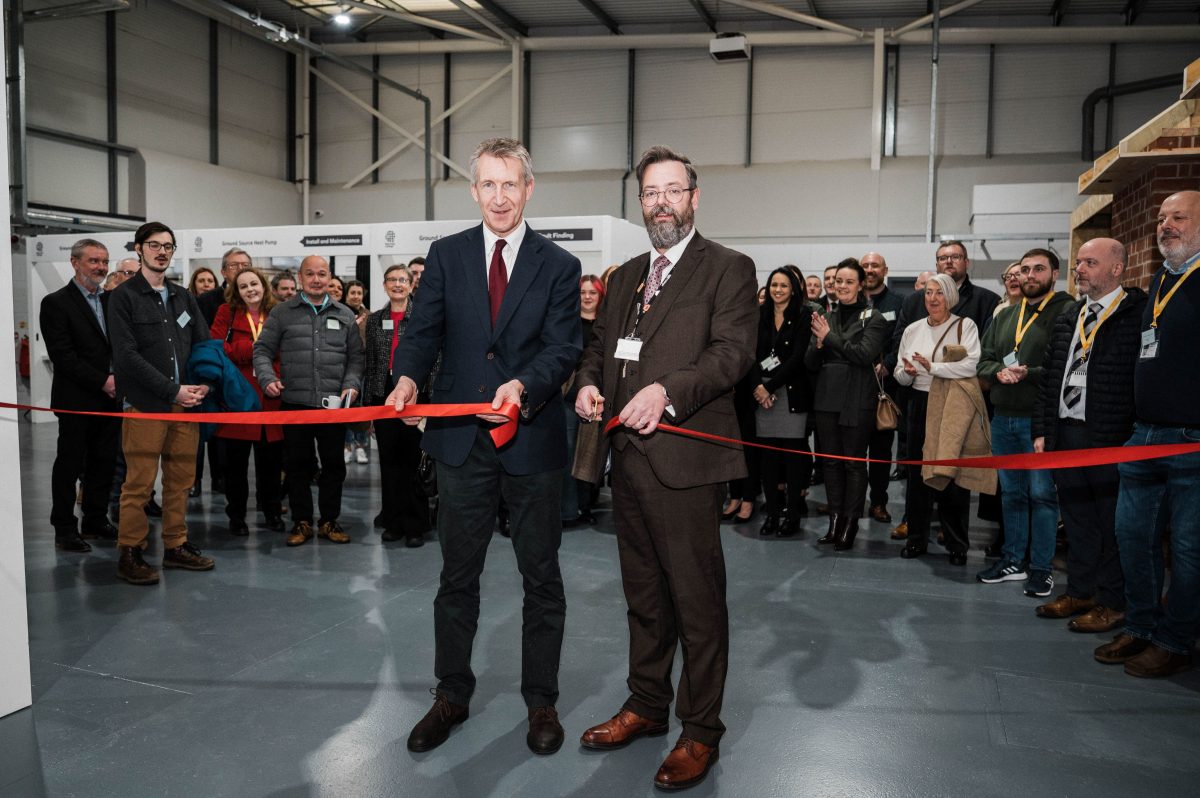Ensuring the survival of the End Point Assessment system during the Covid-19 crisis

#EPA – END POINT ASSESSMENT ACTIONS REQUIRED BY THE START OF NEXT WEEK (COMMENCING 23 MARCH 2020)
It has reached a point where there are now two options for the Department for Education to ensure the survival of the End Point Assessment system during the Covid-19 crisis, say the Association of Employment and Learning Providers (AELP).
EITHER:
- Option One: Agree immediately ALL the flexibilities and adjustments listed below while still maintaining the integrity of the overarching EPA, or
- Option Two: Guarantee a set level of funding for EPAOs at their current run rate no matter what level of performance and delivery takes place
The preference for the whole apprenticeship sector is option one to allow apprentices still to achieve and progress in a timely manner and safeguard thousands of jobs at no additional cost, at the same time limiting the need to draw down on government’s wider business support.
Option one is adopting the same approach approved by the Secretary of State for those students who were expecting to take GCSEs and A levels over the next few months, where teacher assessment and professional judgement will be the primary form of assessment to determine success in a timely manner, rather than causing any delay as the traditional form of invigilated independent exam assessment is not practical.
Alternative assessment methods will be used where possible (e.g. professional discussion instead of an observation), but where this is not feasible, then teacher/trainer/tutor assessment can be utilised.
These measures enable apprentices to continue to be assessed, whilst still affording social distancing, supporting self-isolation where required and in all cases ensuring safe working practices.
These measures are critical in the protection of learners, and in supporting the viability of training providers and employers over the next few months.
The approaches outlined below have been developed with a commitment to rigorous and fair assessment at their heart and provide robust coverage of the current assessment criteria.
Observations
Where digital options can be undertaken:
Where possible EPAOs will introduce the following additional control measures for digital observations, to confirm:
- Consent from all individuals recorded
- That assessment is not simulated
- That assessment can be authenticated
Where digital options cannot be undertaken:
There may be some circumstances where digital assessments are not possible, for example where EPAOs would be unable to gain consent for all individuals likely to be included in a recording or the observation is just not practical given the demands it will place on the employer, isolations and a range of other factors relating to Covid-19
In these cases, the current observation will be replaced and instead the following assessment activities will be undertaken:
- Conduct a competency-based interview with the apprentice, lasting no longer than 60 minutes in duration.
- Conduct a confirmation interview with the line manager or an appropriate designated person from the employer to confirm that the examples used within the competency based interview are a true reflection of the work completed by the apprentice and their competency. Where the line manager or appropriate designated person is not available a witness testimony maybe used.
To alleviate concerns about the ability to grade through such an approach rather than just determine competency, the apprentice would only be able to achieve a pass grade (rather than merit or distinction) and at a later date would have the option to undertake the observation in an attempt to gain a high grade of pass i.e. merit or distinction.
Multiple Choice (MCQ) and Short Answer Questions (SAQ) where digital invigilation isn’t possible
Where apprentices do not have the technology available to sit invigilated (proctoring) MCQs or SAQs at home, the EPAO will carry out a question and answer interview via video call (FaceTime, Teams, Zoom etc.) under exam conditions.
Where there are situations where none of the above offer viable alternatives, EPAOs (or groups of) would make their own professional judgment as to the best way forward and propose alternative suggestions to IfATE for each standard.
Functional Skills
The legacy functional skills qualifications deadline for assessments and certification need to be extended by at least a further 6 months
Where there are situation where not viable alternatives (as described above for MCQs) apply the same treatment to functional skills qualifications as is being applied to GCSEs and A levels, i.e. it should be left to the tutor/trainer/teacher as to when the learner has achieved competency.
Currently there is still a requirement for a level 2 apprentice to pass level 1 functional skills, work towards and sit (but not pass) level 2 functional skills. The requirement to sit level 2 functional skills for these apprentices needs to be removed.
Previous flexibilities still awaiting approval
The following flexibilities have already been asked for which are vital for the smooth running of EPAs during this period:
- Face-to-face assessment: Some assessments are required to be face-to-face in the individual assessment plan, when they could be delivered remotely – there should be a rule change to allow remote where possible.
- Assessment order: There is often a requirement for a particular order of assessments – this should be relaxed to allow flexibility in the current crisis.
- Staff present: Some assessments require a manager to be present – again this needs to be dropped to allow assessments to be done at home/in isolation
- Assessment windows: there are fixed assessment windows post gateway, often 3 months – these rules need to be relaxed to allow a longer period to deliver all assessments.
Additional requirement
Mandatory Qualifications: There are a number of apprenticeship standards which require the completion of mandatory on-programme qualifications prior to apprentices being able to undertake end point assessment. We are aware that in some cases that examinations/testing for these on-programme qualifications are now being delayed under the autumn.
Apprentices should be able to complete all parts of their EPA without the mandatory qualification. The provider and EPAO paid for completion, with the apprentice receiving their full apprenticeship completion certificate once the mandatory qualification has been retrospectively achieved.











Responses